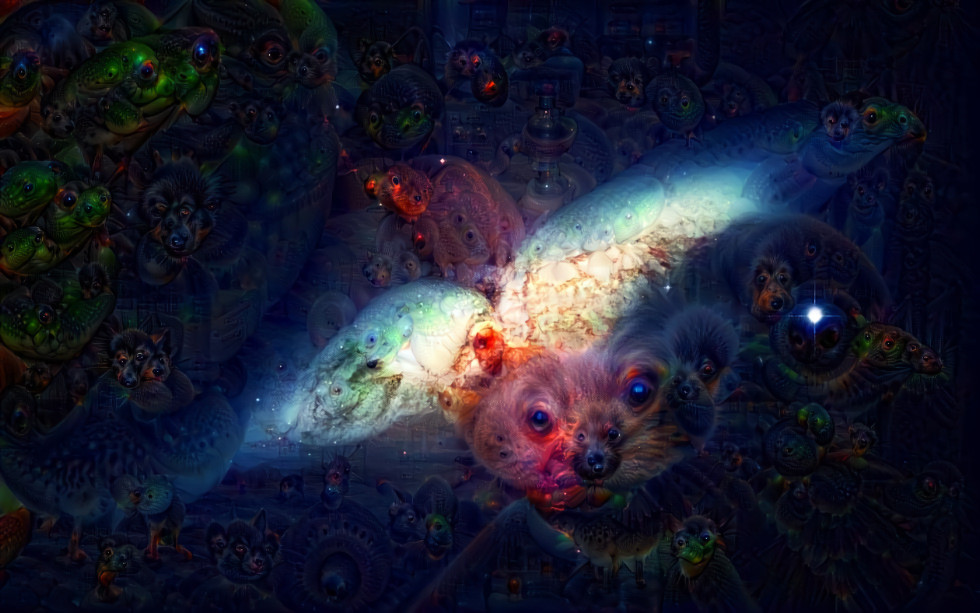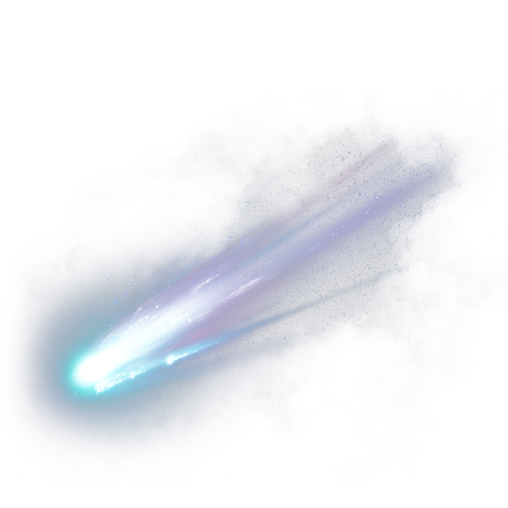Post Views:
1,227
Garcia-Romeu, A., Davis, A. K., Erowid, E., Erowid, F., Griffiths, R. R., & Johnson, M. W.. (2020). Persisting Reductions in Cannabis, Opioid, and Stimulant Misuse After Naturalistic Psychedelic Use: An Online Survey. Frontiers in Psychiatry, 10
Plain numerical DOI: 10.3389/fpsyt.2019.00955
DOI URL
directSciHub download
Show/hide publication abstract
“Background: observational data and preliminary studies suggest serotonin 2a agonist psychedelics may hold potential in treating a variety of substance use disorders (suds), including opioid use disorder (oud). aims: the study aim was to describe and analyze self-reported cases in which naturalistic psychedelic use was followed by cessation or reduction in other substance use. methods: an anonymous online survey of individuals reporting cessation or reduction in cannabis, opioid, or stimulant use following psychedelic use in non-clinical settings. results: four hundred forty-four respondents, mostly in the usa (67%) completed the survey. participants reported 4.5 years of problematic substance use on average before the psychedelic experience to which they attributed a reduction in drug consumption, with 79% meeting retrospective criteria for severe sud. most reported taking a moderate or high dose of lsd (43%) or psilocybin-containing mushrooms (29%), followed by significant reduction in drug consumption. before the psychedelic experience 96% met sud criteria, whereas only 27% met sud criteria afterward. participants rated their psychedelic experience as highly meaningful and insightful, with 28% endorsing psychedelic-associated changes in life priorities or values as facilitating reduced substance misuse. greater psychedelic dose, insight, mystical-type effects, and personal meaning of experiences were associated with greater reduction in drug consumption. conclusions: while these cross-sectional and self-report methods cannot determine whether psychedelics caused changes in drug use, results suggest the potential that psychedelics cause reductions in problematic substance use, and support additional clinical research on psychedelic-assisted treatment for sud.”





